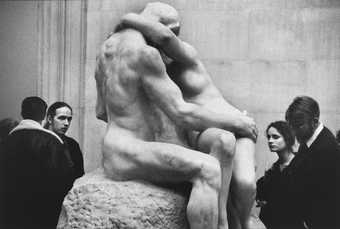This course examines the historical development, contemporary status and future priorities of the art museum. Over ten taught sessions you will consider the major activities undertaken by museums.
Learn about Tate's key programmes and activities, from curatorial and collection practices, new business models and tackling the climate emergency, through to the role of digital technologies in reaching diverse global audiences. Explore the evolution of museums over the last 200 years, considering their role within the broader contemporary social, political, and cultural landscape.
Organised around a series of presentations by Tate staff on emerging programmes and practices, the course introduces and analyses key themes concerning the past, present and future directions of the art museum.
Participants will be encouraged by the tutor to develop alternative models and priorities for art museums. What will the museum of the future look like? How will its policies and programmes change? Who will be its audiences and how will they engage with the museum?
No prior knowledge of art history or museum studies necessary. Participants will be joined by MA students from the Department of Culture, Media and Creative Industries at King’s College London.
In light of the ongoing COVID-19 situation, this course will be offered online in closed video conferencing sessions for a limited number of participants. The greatest care has been taken to ensure that remote courses will provide the same content, quality and intended learning outcomes as in-person teaching.
In partnership with the Department of Culture, Media and Creative Industries, King’s College London.

